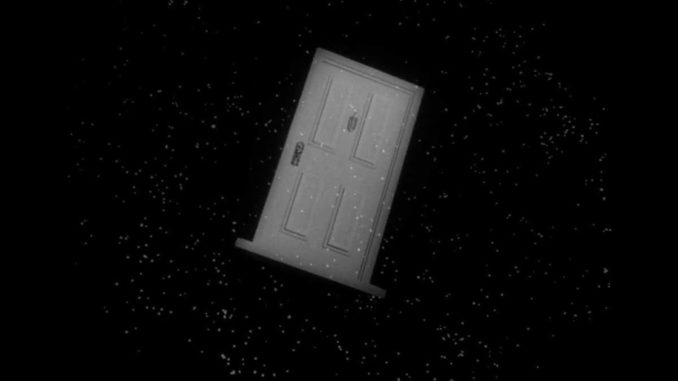
THE “TWILIGHT ZONE” intro has always spooked me. Ever since I rode the Tower of Terror at Disney World, which begins with the words spoken during the show’s title sequence, it has conjured strong feelings of foreboding eeriness. Just like it sets the tone for the Tower of Terror, themes set the tone of the shows they precede. Whether they be just a few seconds or over a minute, with or without spoken words, each program has their own unique approach to enthralling their audience.
When TV broadcasting first began in the 1940s, shows were too short to couple with a song at the beginning of each episode. But about a decade later, one of the first ever TV theme songs, 1949’s “The Lone Ranger” would pave the way for all the TV themes that were to come. This western drama’s 50-second intro features a rider on horseback, galloping through dusty landscapes and shooting his gun. Since I was raised by a mother who loves to ride horses, this song was a big part of my childhood.
In 1955, the classic American sitcom “I Love Lucy” burst onto screens nationwide. Unlike “The Lone Ranger,” this show’s theme simply presents the title within a heart. Lucy Ricardo (Lucille Ball), the show’s protagonist, quickly became America’s sweetheart, and the title sequence proved quite fitting for the accompanying show.
As time progressed, TV motifs became increasingly integral to the viewing experience of the show. Themes became longer, more detailed, more intense. Foreshadowing and hidden meanings set the tone for the show. One of my favorite examples of this is “The Walking Dead,” where throughout the series the images are subtly replaced as new storylines emerge, and figuring out the secrets almost becomes a game. Instead of functioning as small blurbs to quickly introduce the programs, opening credits became an important part of the stories being told.
With the 1960s and ’70s came an explosion of televised content thanks to the deregulation of national TV. This meant that the pressure was on for shows to stand out, and the opening titles needed to make a bigger impact. Paving the way with a full-blown musical number performed by hand puppets was the hit comedy, “The Muppet Show,” which aired from 1976 to 1981. The theme, complete with family favorite characters like Kermit, Miss Piggy and Fozzie Bear, is an explosion of color and celebration. I don’t know when I first started watching “The Muppet Show,” but I know that when I hear those opening drums, it’s time to enjoy another sensational, inspirational, celebrational, muppetational episode of a heartwarming show with my family.
Beginning in the early 2000s with “Lost”’s simple white text over a black background, TV shows began to leave the lengthy titles behind in favor of title blocks. These were short, sweet and barely took away from the episode runtime, giving the writers more flexibility with their scripts. Two of my current favorites, “Manifest,” and “New Amsterdam” on NBC, have opted for the title block instead of a theme song, and I appreciate it because I don’t really think that songs would add to the substance of the episodes.
However, in the past decade, our society has seen the rise of internet streaming services, often leading to several extra minutes of screen time, which creators have readily used to enhance the impact of their opening titles. Some TV themes have once again become works of art, like the whopping one-and-a-half minute “Game of Thrones” sequence, an absolutely beautiful trip over the map of Westeros, the country where the show takes place. Some have remained abbreviated, like that of “Supernatural.” No matter the length or content of a show’s opener, its presence is a necessary and fundamental part of the story that is going to be told. In the words of the “Star Trek” title sequence, these shows are boldly going where no show has gone before.
Subscribe to the Mossy Log Newsletter
Stay up to date with the goings-on at Lewis & Clark! Get the top stories or your favorite section delivered to your inbox whenever we release a new issue.

Leave a Reply